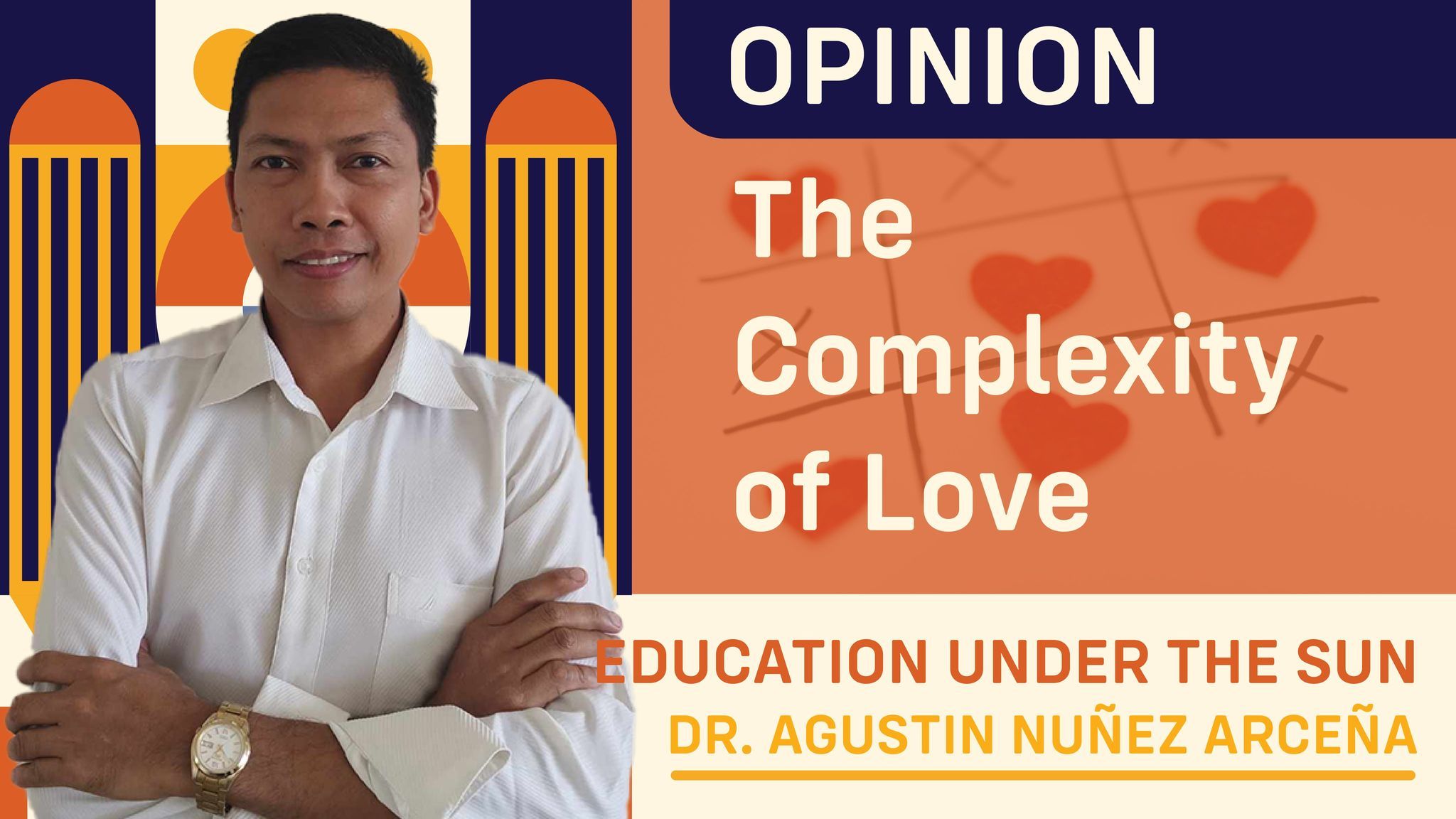Love, a multifaceted emotion, can uplift and challenge us unexpectedly. In the quest to understand the magic of love, we often find ourselves grappling with paradoxes and complexities.
Love, defined as an intense feeling of deep affection and pleasure, has deep roots in history, originating from Old English. It encompasses a spectrum of relationships, from familial bonds to romantic connections.
In mental health, studies show that a healthy and supportive relationship contributes to well-being. Love triggers the release of feel-good hormones, fostering better mental health and reducing stress. Conversely, toxic relationships can adversely impact mental health.
Self-love, the foundation of all relationships, is deemed crucial. In science, being in love releases hormones that induce positive reactions, such as increased dopamine and adrenaline levels. However, love can also exhibit negative impacts, leading to mood swings, obsession, and emotional dependence.
Love's significance is evident throughout history, driving people to extraordinary lengths for causes they hold dear. Positive effects of love include companionship, intimacy, and stress reduction, promoting a happy and productive life.
Yet, love's negative facets, such as distraction and time consumption, cannot be ignored. The emotional toll of breakups can lead individuals down a path of self-destruction, emphasizing the delicate balance required in navigating the realm of love.
Love is a potent force that shapes our lives, offering joy and challenges. Acknowledging its positive and negative effects allows us to approach this powerful emotion with mindfulness and understanding. Ultimately, love is a transformative journey that teaches us resilience, optimism, and the enduring strength of the human spirit.
#EducationUnderTheTree #AgustinNuñezArceña #TheComplexityOfLove #OpinYonPanay #
OpinYonColumn #OpinYon #WeTakeAStand

